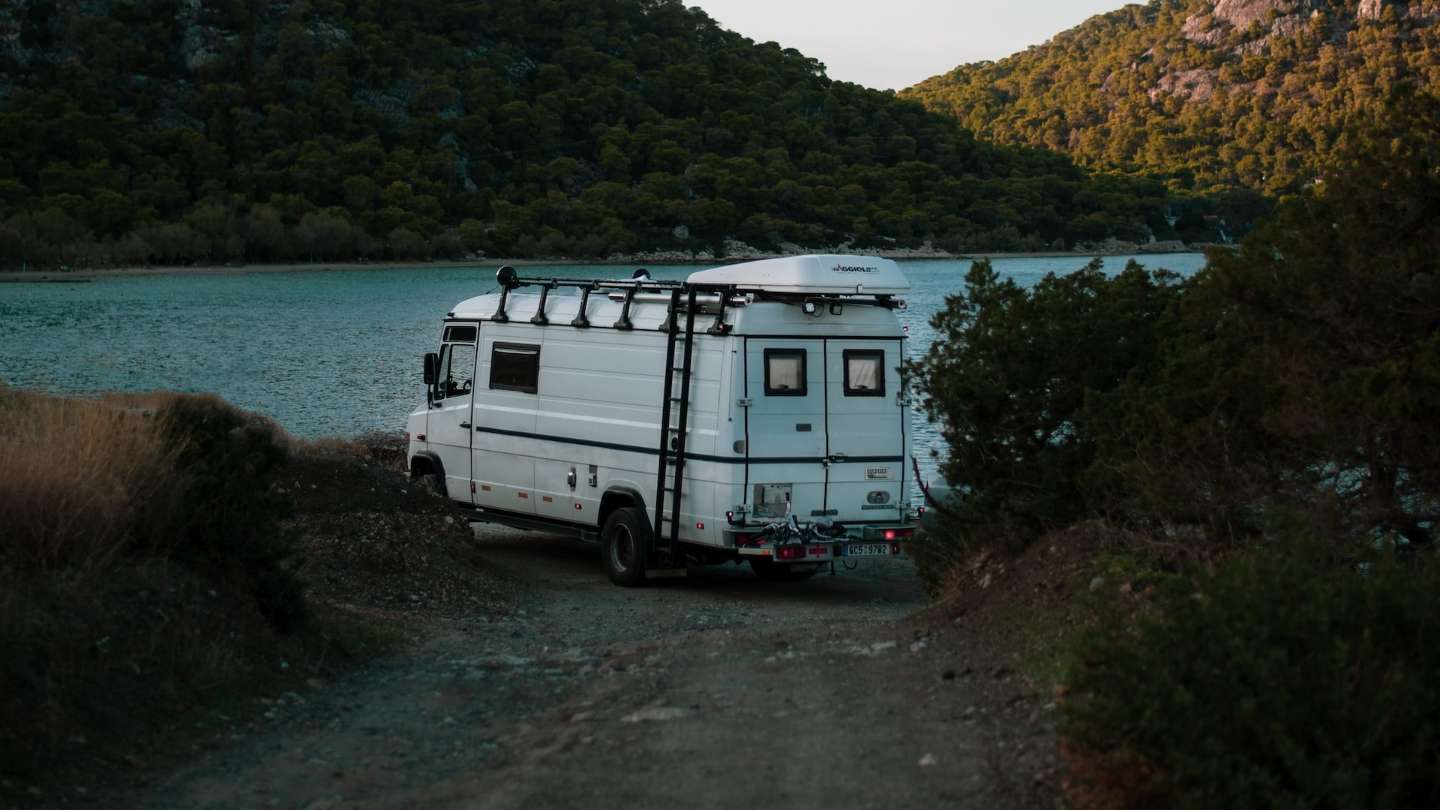
Texas RV Living Laws And Everything Else You Need To Know
As a passionate RVer and a legal enthusiast, I understand the importance of knowing the Texas RV living laws before hitting the open road in the Lone Star State. The freedom of an RV lifestyle can be a fulfilling experience, but it also comes with a set of legal considerations that are essential to understand.
In this comprehensive guide, we’ll break down everything you need to know about Texas laws about RV living. From the basic traffic regulations that every RVer should know to the more nuanced legalities like property tax implications and residential rights, we’ll provide you with a clear understanding of Texas RV living laws.
Don’t worry; I’ll equip you with the knowledge you need, helping to ensure your RV journey through Texas is safe, legal, and thoroughly enjoyable. Buckle up as we navigate the legal landscape of the Texas RV lifestyle together!
Rules And Contracts For RV Parks In Texas
Understanding the Texas RV living laws starts with becoming familiar with the state’s rules and contracts for RV parks. These rules and contracts provide a framework for maintaining a safe and pleasant living environment for all park residents and help protect the rights and responsibilities of the RV park management and the tenants.
Firstly, the Texas laws about RV living mandate that every RV park should clearly display or provide its rules and regulations to all park residents. These rules often cover a wide range of topics, such as quiet hours, pet policies, waste disposal, vehicle maintenance, and maximum occupancy. RVers must comply with these rules to maintain a harmonious living environment and avoid potential conflicts or evictions.
Secondly, if you’re planning to stay long-term at an RV park in Texas, you’ll likely need to sign a contract or a lease agreement. These contracts typically detail the terms of your stay, including the duration, the rent, and any additional charges or fees. They also outline the circumstances under which an eviction may occur, which is a critical part of the Texas RV living laws.
Before signing any contract, thoroughly reviewing its terms and conditions is always a good idea. If there’s anything you’re uncertain about, don’t hesitate to ask for clarification. Understanding and agreeing to the contract in full before signing can save you from potential issues down the road.
In summary, Texas laws about RV living strongly emphasize clear communication and agreement between RV park management and residents. Familiarizing yourself with these rules and contracts is a key step in navigating the Texas RV living laws and enjoying your RV lifestyle in the Lone Star State.
Tenants, Guests, And Occupancy Limits
Another crucial component of understanding Texas RV living laws involves distinguishing between tenants and guests at RV parks and understanding occupancy limits. These factors significantly affect how the laws apply and the rights and responsibilities of the individuals involved.
In Texas laws about RV living, a tenant is usually defined as someone who has signed a lease or rental agreement and is staying at the park for an extended period. Tenants often have more rights under Texas RV living laws than guests. For example, they are typically entitled to advance notice for changes in park rules or eviction and may be more protected against arbitrary rent increases.
On the other hand, a guest (sometimes referred to as a transient occupant) is typically someone who stays at the park for a short period without signing a lease agreement. Guests are generally subject to different rules and have fewer protections under Texas RV living laws compared to tenants. They are typically expected to follow the park’s rules and may be asked to leave the park without advance notice.
Texas laws about RV living also address occupancy limits, which dictate how many people can live in an RV on a single site. These limits are designed to ensure safety and comfort for all park residents. Overcrowding can lead to issues with sanitation, noise, and overall quality of life in the park. These limits are typically outlined in the park’s rules or in the rental agreement, and violating them can lead to eviction.
Understanding the distinction between tenants and guests and the implications of occupancy limits are important aspects of Texas RV living laws. These details can greatly impact your experience and rights while staying at RV parks in Texas.
FAQs About Texas RV Living Laws
What is your address if you live in an RV?
As per Texas RV living laws, individuals residing full-time in their RVs have to establish a legal domicile or a permanent address, even if they’re on the move regularly. This is important for several reasons, including taxation, insurance, voting, and vehicle registration.
Many full-time RVers use mail forwarding services that provide a physical address in Texas. These services not only give you a legal address but also handle your mail and can forward it to you wherever you are. However, the specifics can vary, so it’s important to understand the Texas laws about RV living related to establishing legal domicile.
What is the best state for RV living?
Choosing the best state for RV living depends on several factors, including climate, cost of living, availability of RV parks, and state-specific RV living laws. Texas often ranks high on the list due to its friendly Texas RV living laws, its extensive network of RV parks (including many Texas RV resorts with pools), and its affordable cost of living.
Moreover, Texas’ diverse landscapes and mild winter climate make it an attractive choice for many full-time RVers. However, everyone’s preferences and needs differ, so it’s important to research thoroughly and consider your circumstances before deciding.
Final Thoughts
With its diverse landscapes, an abundance of RV parks, and favorable laws, Texas has earned its place as a beloved destination for many RVers. However, understanding Texas RV living laws and the specifics of Texas law








